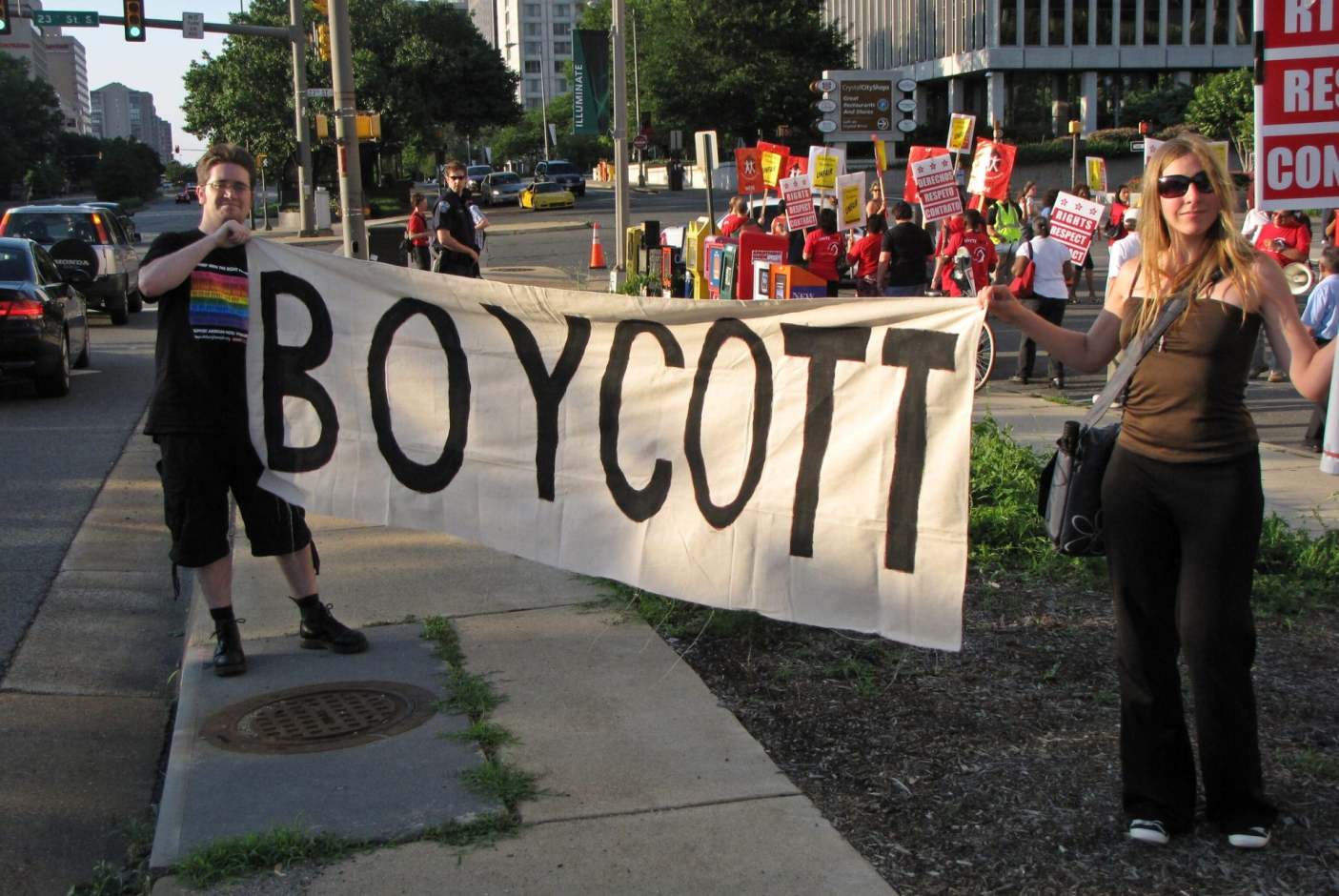The boycott of Prime Minister Netanyahu’s UN speech by 77 countries—and the subsequent exclusion of Israeli firms from key events such as the Dubai Air Show—has been widely read as a setback for Israel’s global exhibition diplomacy. Yet, for the rest of the world’s exhibition industry, this rupture also brings fresh opportunities and a new direction for growth.
Opening Space for Global South Players
Israeli national pavilions, traditionally large and government-backed, often occupied prime positions at global tradefairs. Their absence frees up valuable space for emerging market exhibitors, SMEs, and Global South industries, particularly from Arab, African, and Asian economies. For many organizers, this translates into a more diverse and locally relevant exhibitor mix.
Regionalization and Bloc Solidarity
The boycott has galvanized regional blocs such as the OIC, African Union, and CELAC, providing momentum for their tradefairs to evolve into powerful collective platforms. Exhibitions in Riyadh, Jakarta, Cairo, Johannesburg, and São Paulo now stand to attract increased participation and sponsorship under banners of solidarity, cooperation, and South–South trade.
New Market Leaders
Without Israel as a competitor, companies from Turkey, UAE, India, Brazil, South Korea, and China gain more visibility in high-value sectors such as agritech, drones, cybersecurity, and med-tech. This redistribution of attention helps accelerate the rise of alternative innovation hubs across the Global South.
Stronger Branding and Political Goodwill
Expos that position themselves as inclusive and representative of Global South interests may draw greater attendance, political endorsement, and even multilateral backing. Organizers can now use this moment to create special showcases for Palestinian innovation or Arab-African cooperation, adding moral weight to commercial engagement.
Growth of Neutral & Emerging Venues
India, Brazil, Indonesia, and South Africa—neutral yet globally connected—are emerging as natural beneficiaries. By offering platforms less encumbered by controversy, these markets can consolidate their role as new exhibition super-hubs.
A New Era for Tradefairs
Tradefairs have long claimed neutrality, but geopolitics is rewriting that rule. While Israel risks isolation, the broader exhibition community is presented with a silver lining: a chance to reimagine platforms that amplify the Global South, diversify exhibitor bases, and realign business with political reality.


